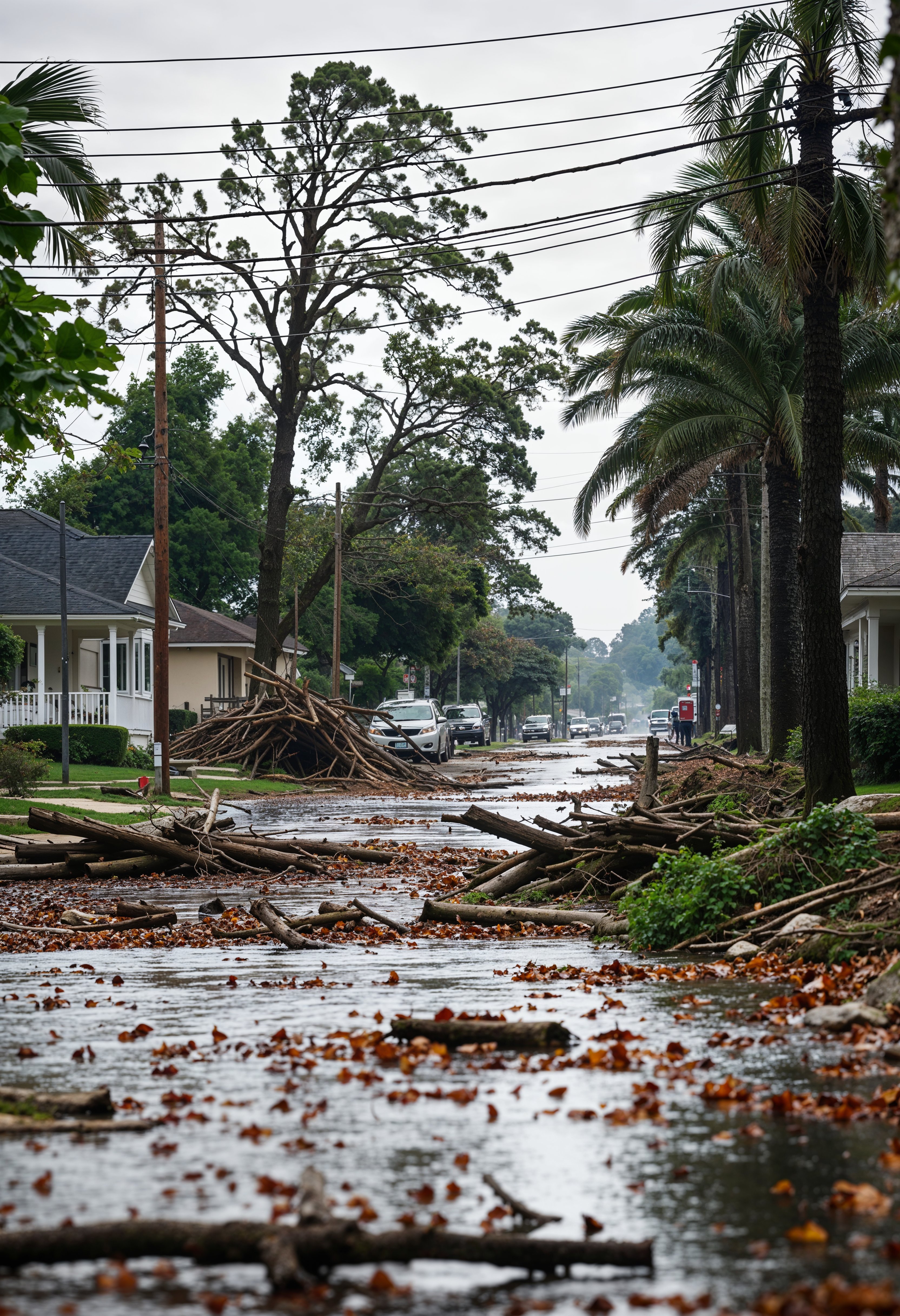
General Eligibility Requirements for FEMA Assistance
To qualify for FEMA assistance in Texas, your primary residence must be in a federally declared disaster area. After events like hurricanes, floods, or wildfires, the President or FEMA must issue a disaster declaration for your county. If your home or personal property was damaged or destroyed due to the declared event and you have unmet needs not covered by insurance, you may be eligible for help. Assistance is available for both homeowners and renters.
Insurance Considerations
FEMA assistance is designed to supplement—not duplicate—what your insurance already covers. If you have homeowners, renters, or flood insurance, you must first file a claim with your insurer. FEMA will only provide aid for uncovered losses or if your insurance payout is delayed more than 30 days. You’ll need to submit documentation showing what your insurance covers and any remaining losses.
Types of Aid Offered
FEMA provides different kinds of assistance, including temporary housing, home repair grants, personal property replacement, and even medical, dental, or funeral expenses directly related to the disaster. You may also be eligible for help with transportation or storage costs. Small Business Administration (SBA) disaster loans may be offered for additional recovery support, even for individual homeowners or renters.
How to Apply
You can apply for FEMA aid online at DisasterAssistance.gov, by calling 1-800-621-FEMA (3362), or by visiting a local Disaster Recovery Center. During the application, you’ll need to provide details about your damaged property, insurance status, household composition, income, and any special needs or losses. FEMA may also send an inspector to your property to verify your damages in person.
Follow-Up Steps
After applying, regularly check your FEMA account for status updates and respond to any requests for additional information. If denied, you have 60 days to appeal. Many initial denials result from missing paperwork, not ineligibility, so don’t hesitate to follow up and clarify your case. Keeping thorough records and communicating with FEMA can make a significant difference in the outcome of your recovery journey.





